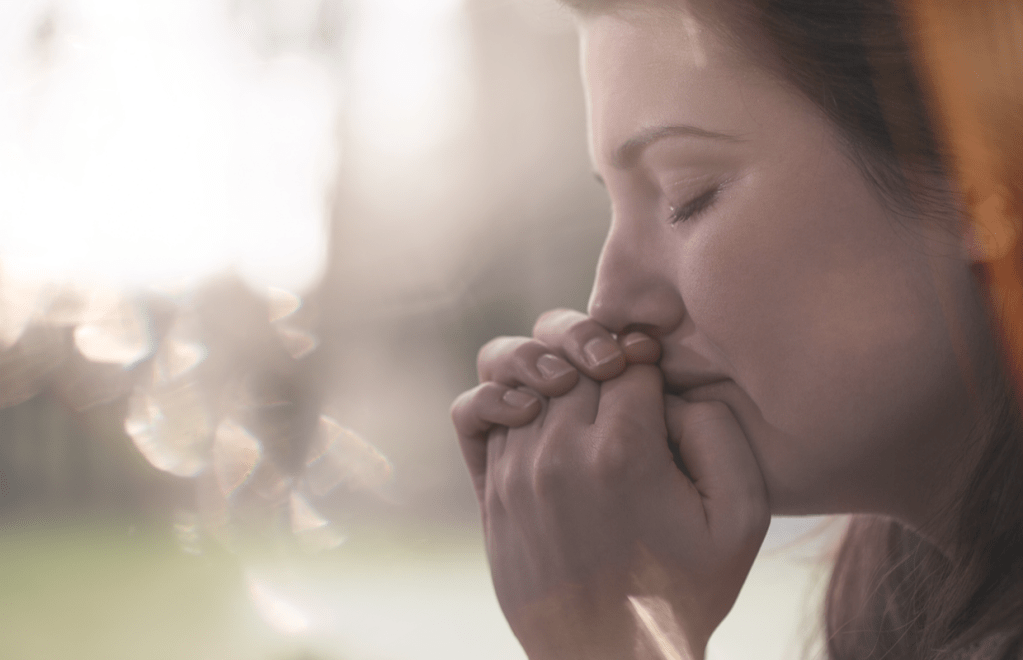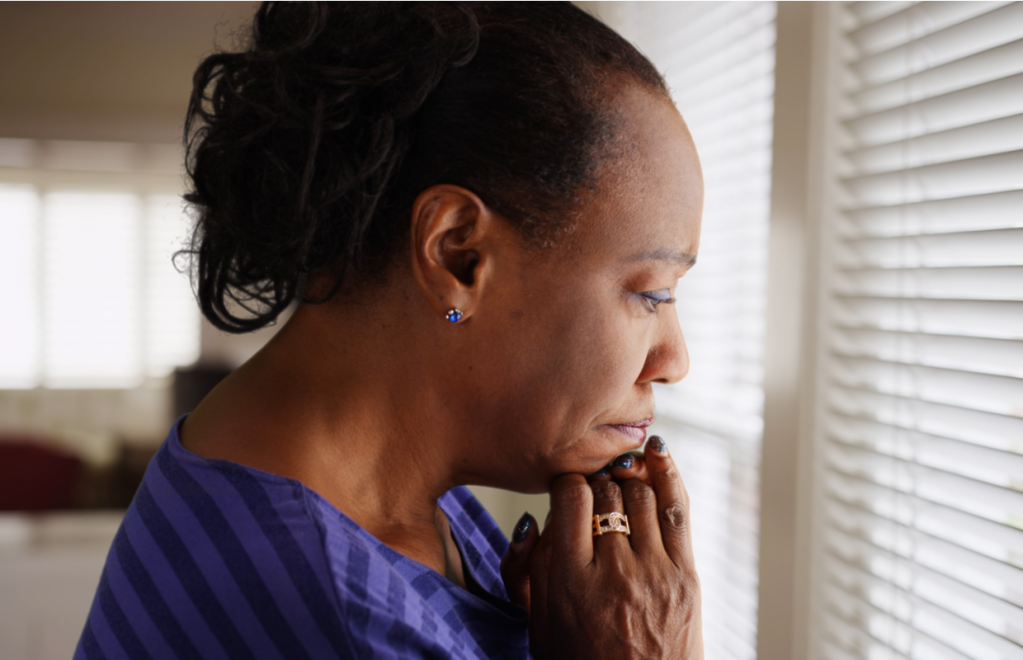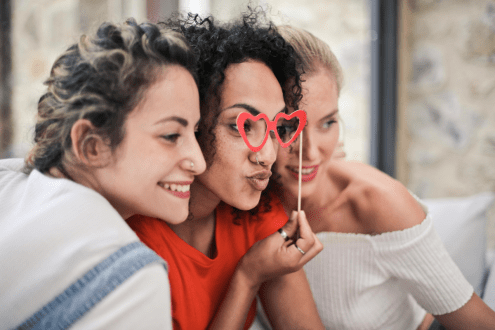How to cope with a phobia
If you're one of the millions of people in the UK struggling with a phobia, learn how to manage your anxiety and overcome your fears...

Struggling with phobias? Dr Radha Modgil – a GP – and experts from the Mental Health Foundation shine a light on the causes and symptoms of a phobia, before sharing some tips on how we can help ourselves and others to cope…
From arachnophobia –the fear of spiders – to claustrophobia – the fear of small spaces – phobias come in many forms. While it’s quite common to have vague fears about specific things, phobias are often more pronounced and can feel very overwhelming.
Thankfully, there are a number of tools at our disposal to help us deal with them and even overcome them. First, let’s take a closer look at what phobias are, along with the key signs to look out for in yourself and others.

What are phobias?
‘Phobias are fairly common, with nearly three per cent of the UK population thought to be living with one,’ says Dr Modgil. ‘They are a type of anxiety disorder, which can manifest as an exaggerated or unrealistic sense of danger towards something. For example, a place, a situation, object or being.
‘In short, phobias can be incredibly debilitating and have a huge impact on a person’s life, causing anxiety and leading them to avoid certain activities or situations,’ Dr Modgil adds.
What causes phobias?
‘There is no single cause for a phobia, but a number of factors may be at play,’ explains Dr Modgil, ‘such as a previous incident or trauma, a learned response from a parent or sibling, or even genetics, as some people may be more predisposed to feeling anxious than others.
‘Phobias are generally divided into two camps: specific or simple phobias, and complex phobias. Specific phobias often develop during childhood and may become less prevalent as you get older. Common examples include a fear of spiders, a fear of the dentist, or a fear of injections.
‘Complex phobias tend to be more disabling and usually develop during adulthood. They are often associated with a deep-rooted anxiety of a certain situation, such as social phobias.’
Signs of a phobia
The main symptoms of any phobia are:
- Anxiety and panic attacks
- Nausea
- Palpitations
- Shortness of breath
- Trembling
‘Like most mental health conditions, phobias are personal to each individual,’ says Dr Modgil. ‘Some people won’t experience any symptoms until face-to-face with what they fear, while, for others, the mere thought of a certain situation or thing can cause panic.

Diagnosing and treating a phobia
‘Generally, people with a phobia are fully aware of the problem. Yet, they are unlikely to have a formal diagnosis,’ explains Dr Modgil. ‘Many are able to learn how to cope with a phobia, living with them and avoiding the source of their fear.
‘However, if your phobia is becoming unworkable and so overwhelming that it begins to impact your everyday life, speak to your GP. They may be able to refer you to a specialist with expertise in behavioural therapy, such as a psychologist.’
How to cope with a phobia
‘The good news is that almost all phobias can be successfully treated through a variety of different techniques,’ says Dr Modgil.
‘One of the most successful ways to overcome a phobia is through a process known as desensitisation, which is general exposure to your feared object or situation.
‘It’s understandable that people with phobias often go out of their way to avoid certain situations. However, this can actually serve to keep phobias alive, as you’re not able to give yourself a chance to change your perception of what you fear, or see that you might cope with it better than you expected. For many people, facing their fear can help minimise its impact and make it seem less scary.‘
There are also a number of self-help options that you can try, to learn how to cope with a phobia. This includes counselling, psychotherapy and cognitive behavioural therapy (CBT), or relaxation and visualisation techniques that you can try yourself at home.
It might be a good idea to look at lifestyle changes, too, to help manage anxiety. This includes regular exercise, eating healthily, getting enough sleep, and avoiding caffeine and other stimulants.
More inspiration: What is agoraphobia: understand the causes and how to help
Words: Larissa Chapman | Images: Shutterstock









